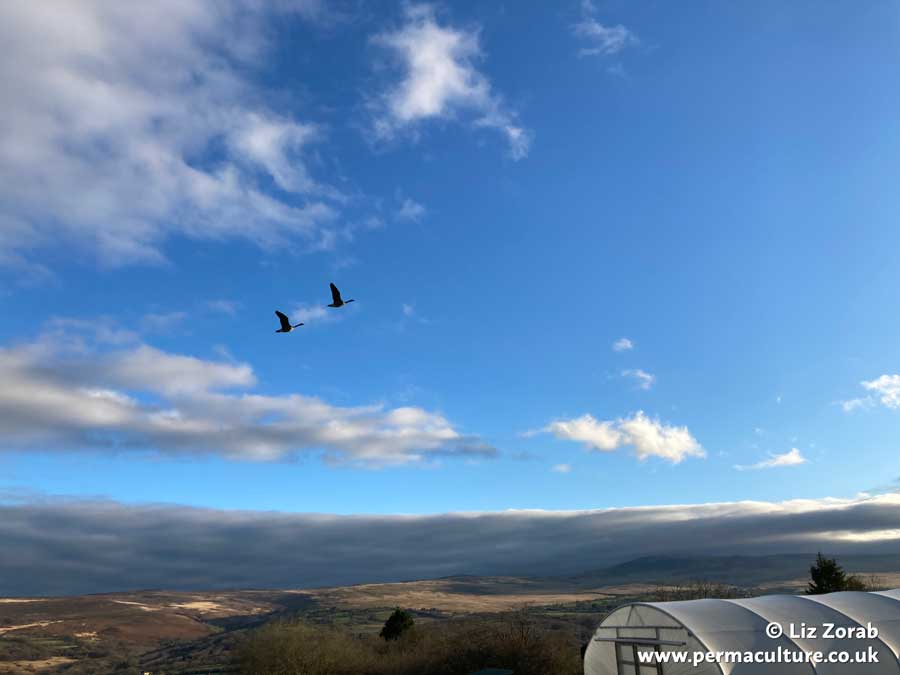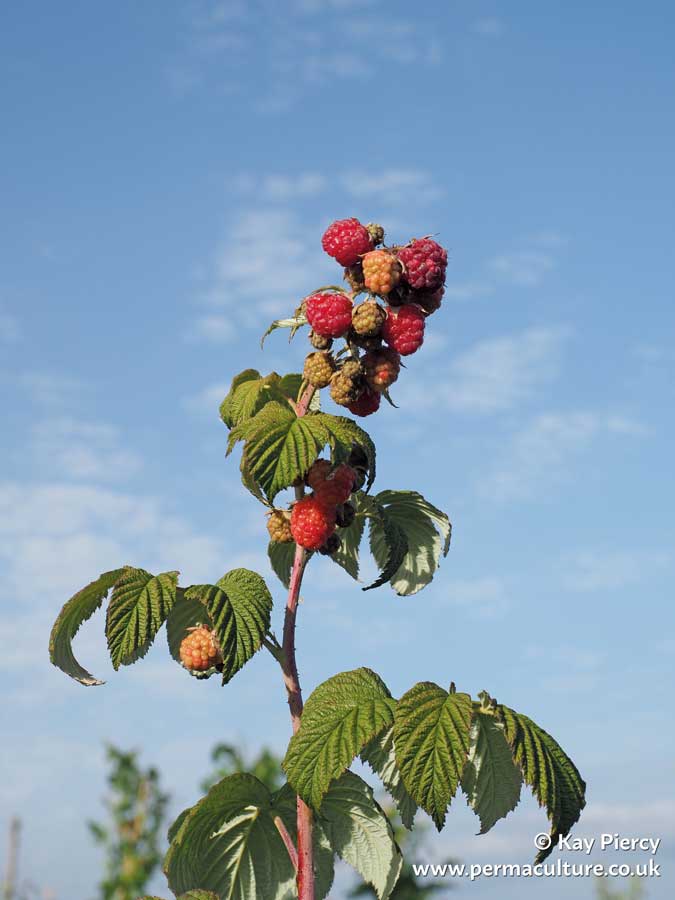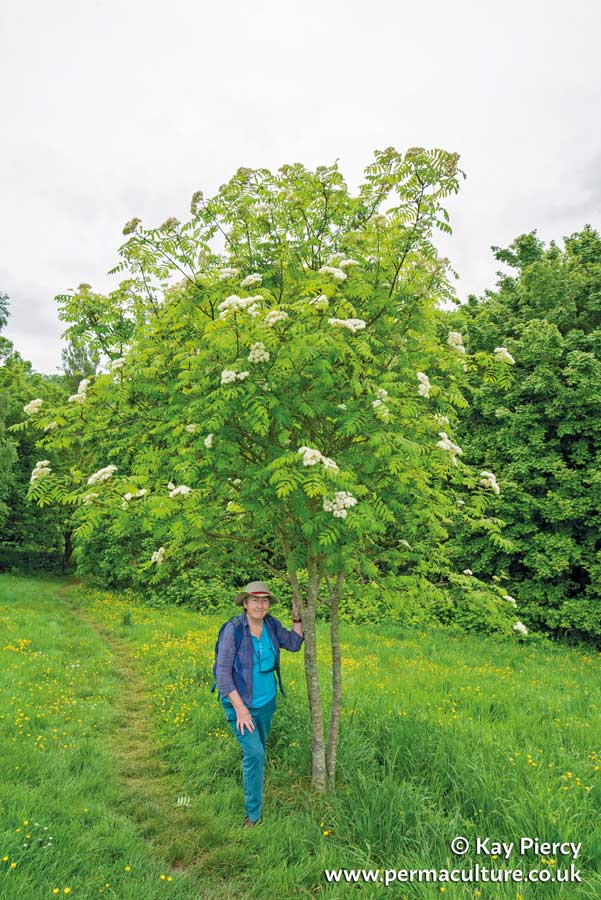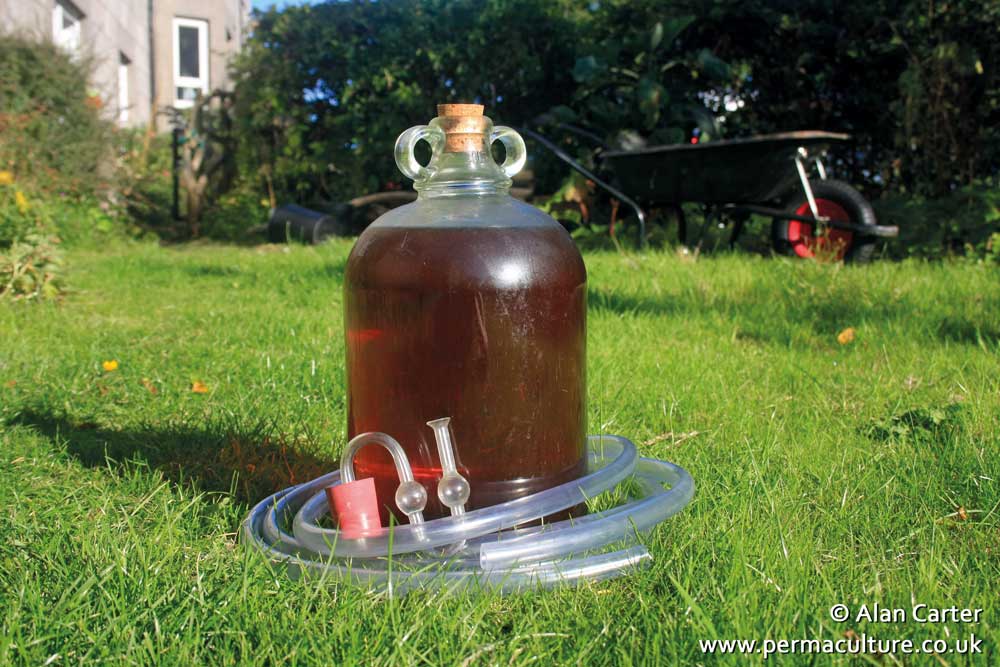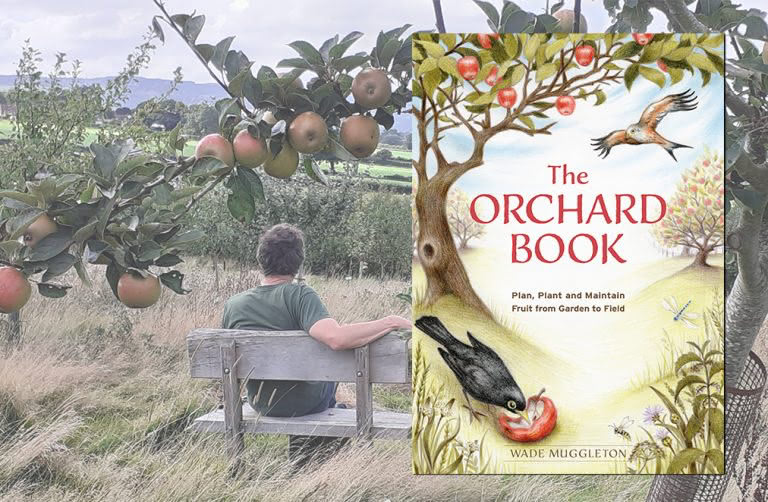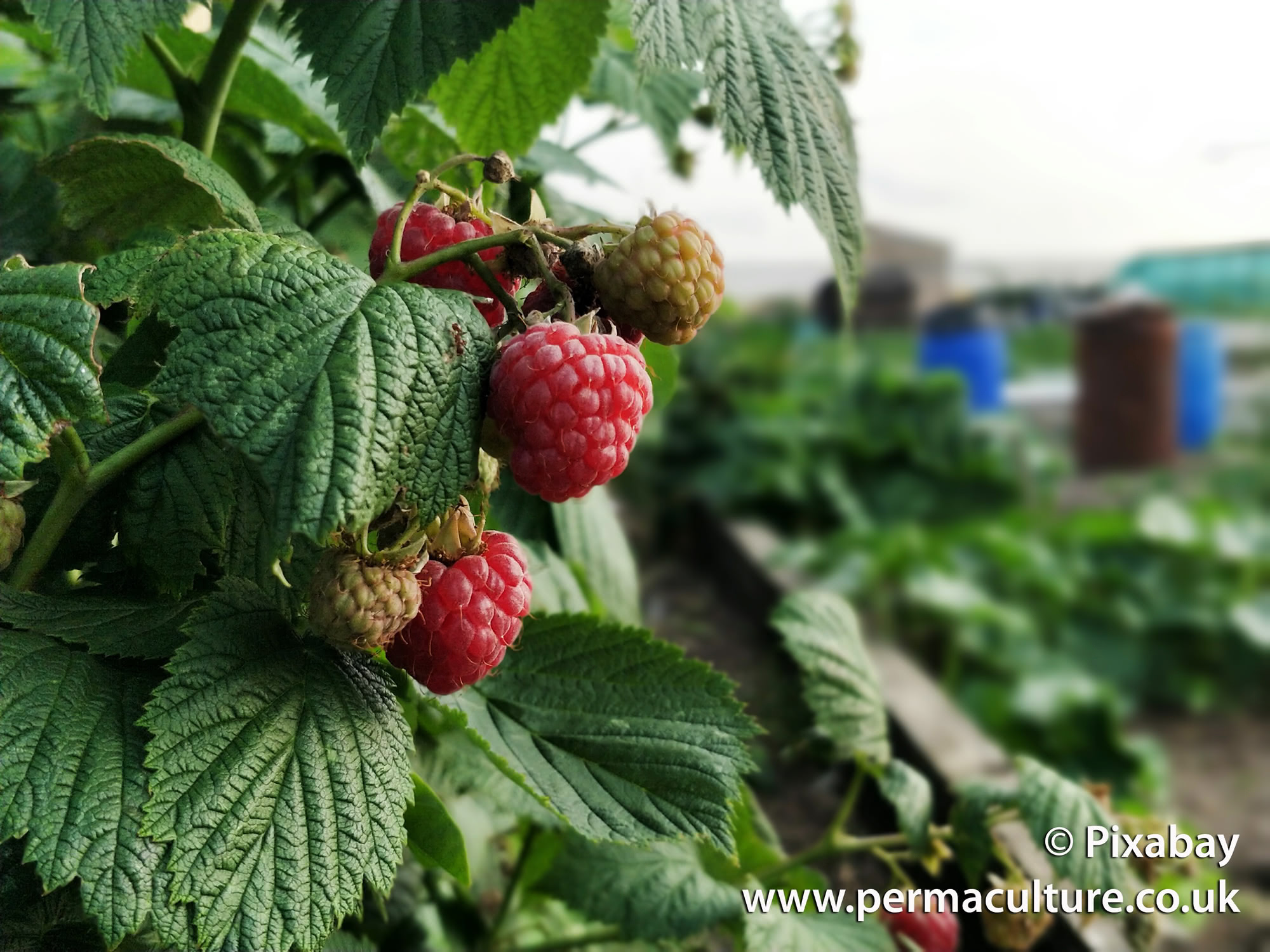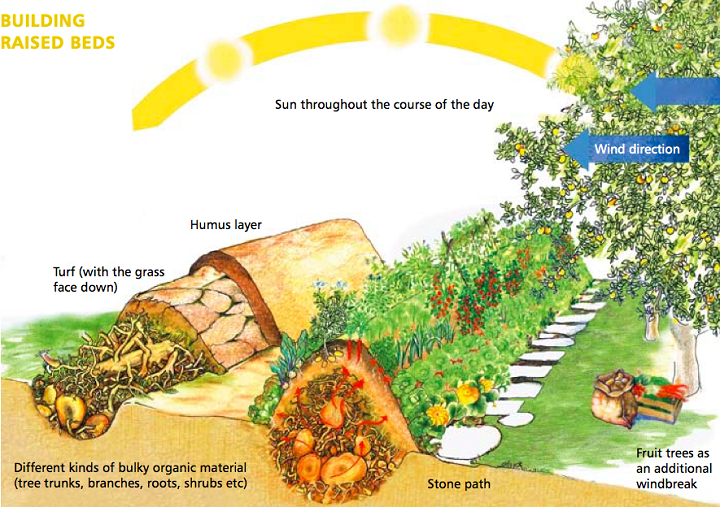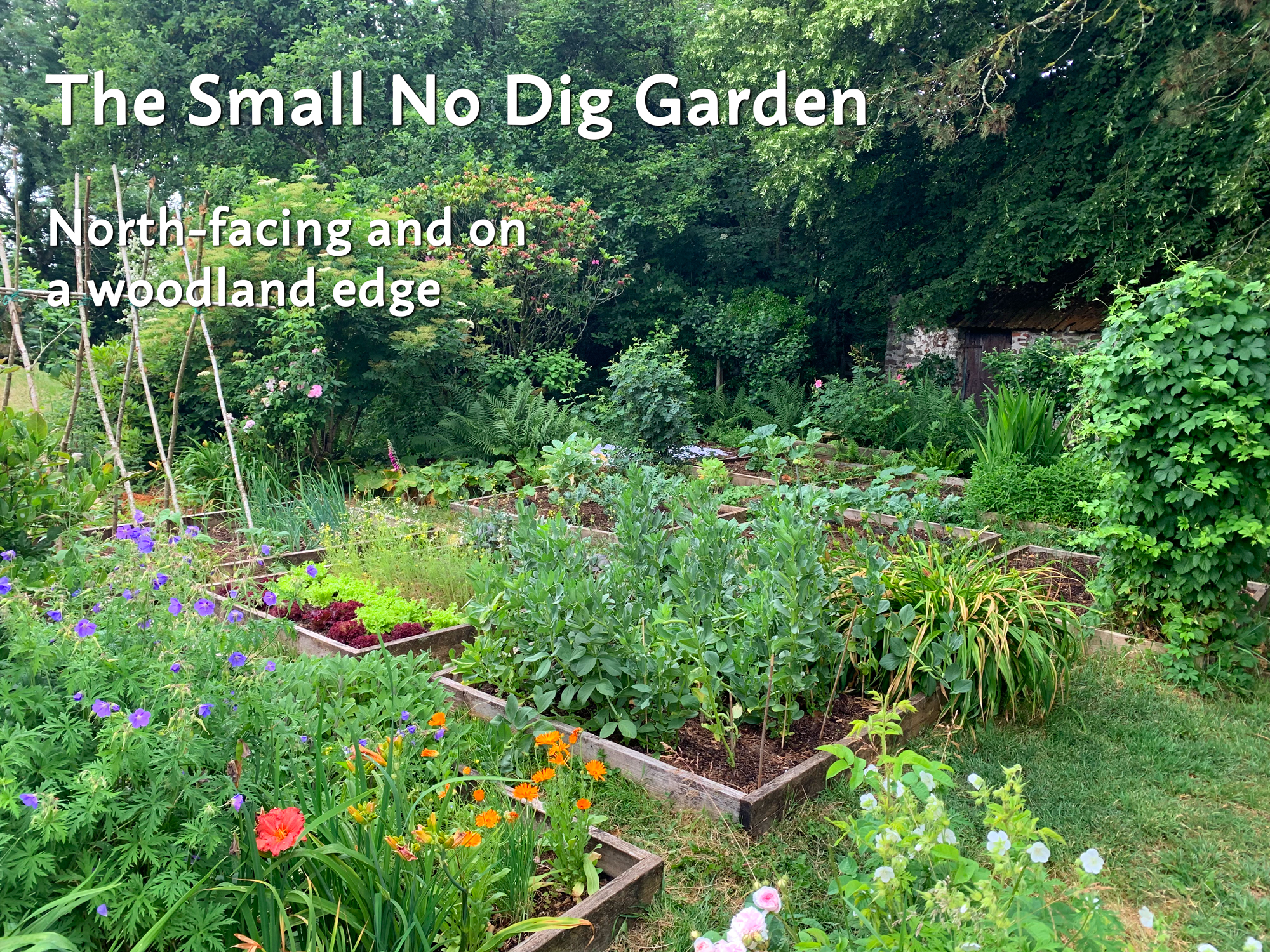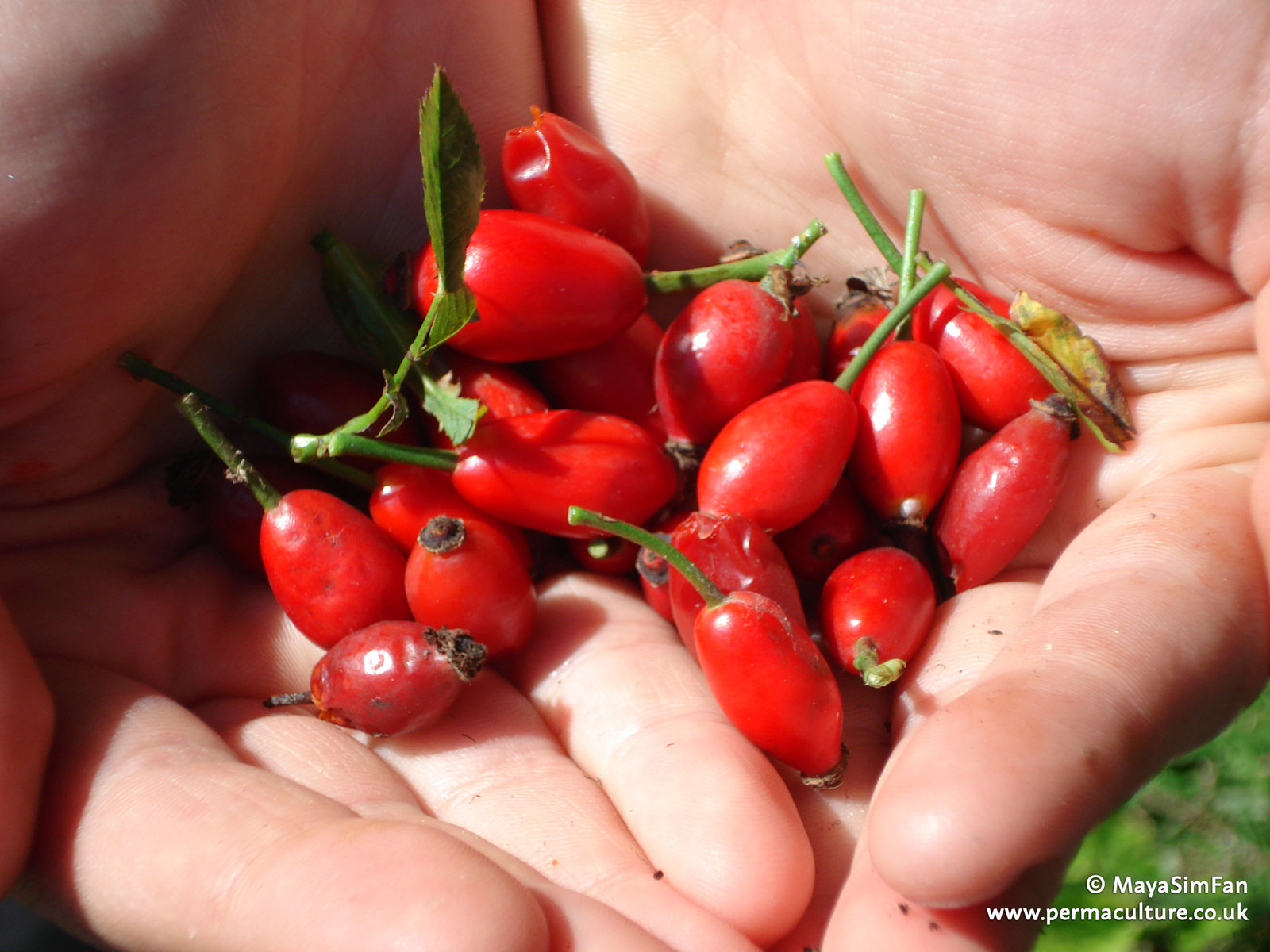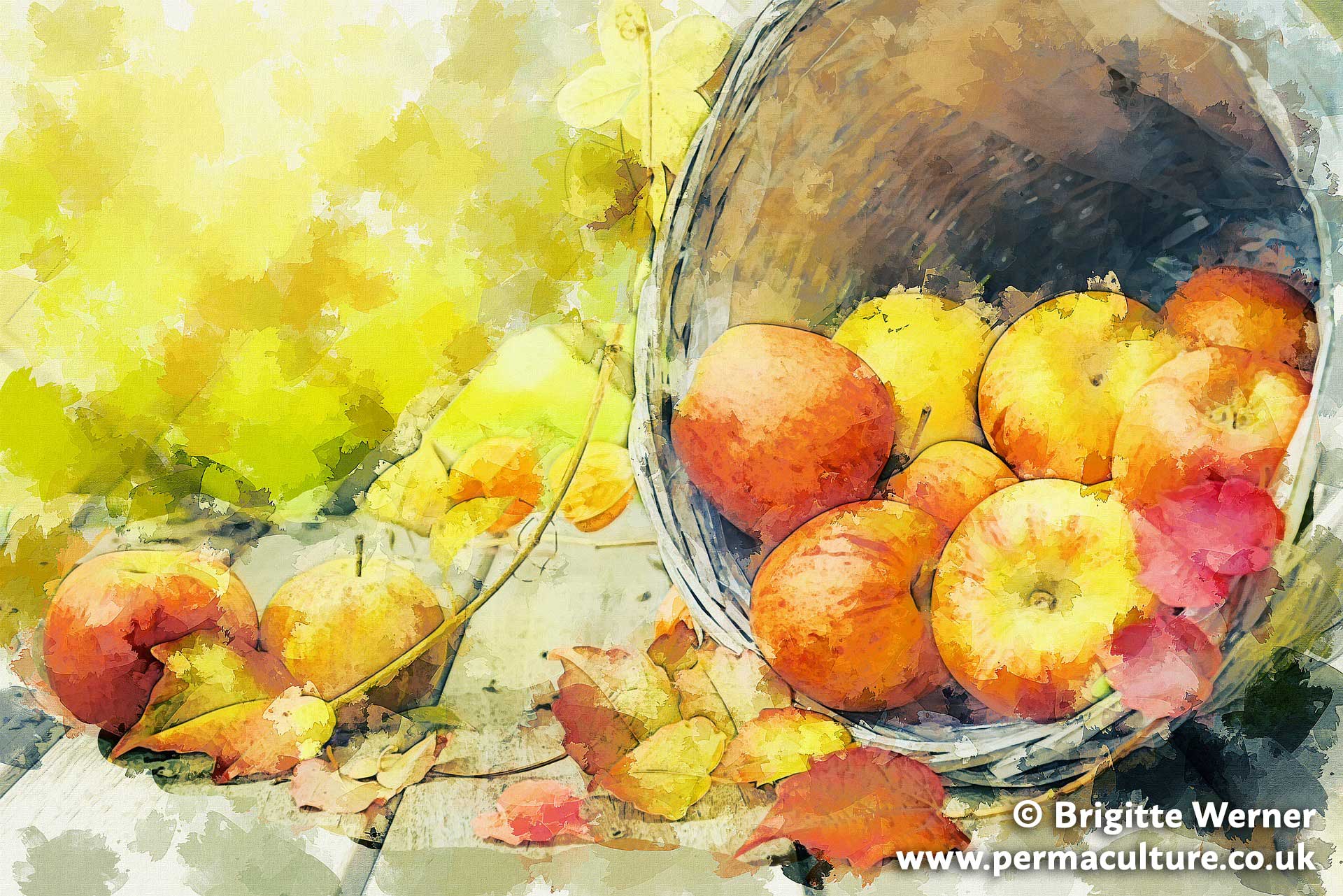Events over the last year or so have shown that the old ‘Business as Usual’ food production and supply model needs to change and any ‘New Normal’ will mean re-localising on every scale, including learning to grow more produce in our own gardens, allotments or whatever spaces we can find, however small.
Despite the name, which perhaps implies that they require large amounts of space, forest gardens can be a way of incorporating edible and useful trees and bushes into our home gardens, even in an urban situation. Forest gardening on a home scale has many potential benefits beyond providing an abundance of fresh fruits, nuts, vegetables, herbs and salad crops. These include enriching local biodiversity, creating wildlife habitat, educational and community building opportunities, promoting health and wellbeing in a therapeutic space close to nature, and opportunities for income generation by selling or trading produce.
They even have the potential to make a significant contribution towards increasing the capacity of soils and trees to capture and store atmospheric carbon if adopted on a wider scale: In the words of forest gardening pioneer Robert Hart, “Obviously, few of us are in a position to restore the forests. But tens of millions of us have gardens, or access to open spaces such as industrial wastelands, where trees can be planted and if full advantage can be taken of the potentialities that are available even in heavily built up areas, new ‘city forests’ can arise.”
This beautifully written and illustrated new book describes Alan Carter’s personal forest gardening journey, from attending a talk on ‘Indonesian Home Gardens’ in the early 1990s after seeing a poster on the wall of Aberdeen University, then learning of the work of Robert Hart, Ken and Addie Fern and Graham and Nancy Bell and other pioneers. This was the inspiration for the creation of a food forest on a 200 square metre, standard council allotment plot in the north of Scotland.
Here Alan soon learned that edible plants which do well in the relatively warm southwest of England, where most forest garden research has tended to happen, don’t always flourish in his distinctly harsher climatic conditions and so changes and adaptations to some basic principles and plant choices were required.
This hard-won knowledge and expertise is shared over 280 pages, with extensive and in-depth chapters on understanding forest gardens, soil ecology, forest garden mapping and design, practicalities to consider when implementing a forest garden, management strategies and tips, eating from your forest garden (including wine recipes and preservation techniques) and a huge and detailed directory of suitable forest garden trees, bushes, shrubs, perennial plants and ground cover species.
The vision of highly abundant and ecologically regenerative edible landscapes presented in this timely and informative volume both remind and inspire us that we can all play our part in growing back better.
Graham is an author and permaculture teacher and runs permaculture courses in North London through Naturewise and in West Essex at Dial House and is the founder of Spiralseed, an ethical organisation based around the three principles of permaculture, Earthcare, Peoplecare and Fair Shares.
